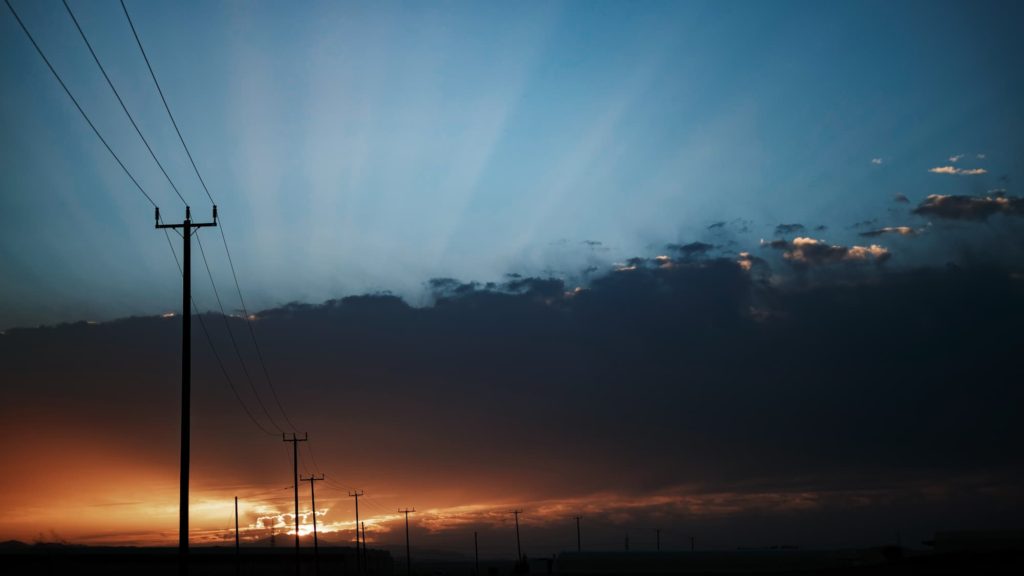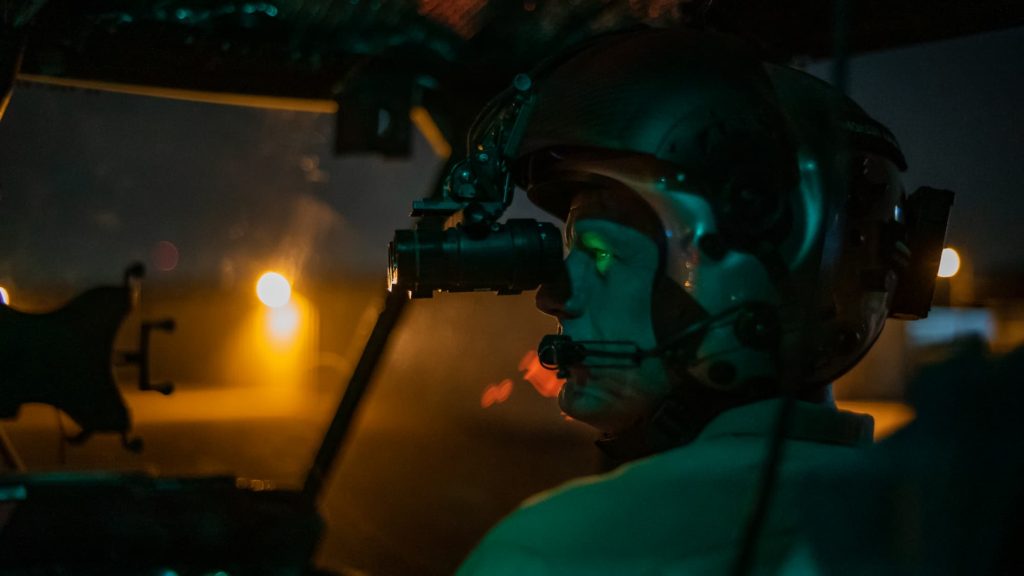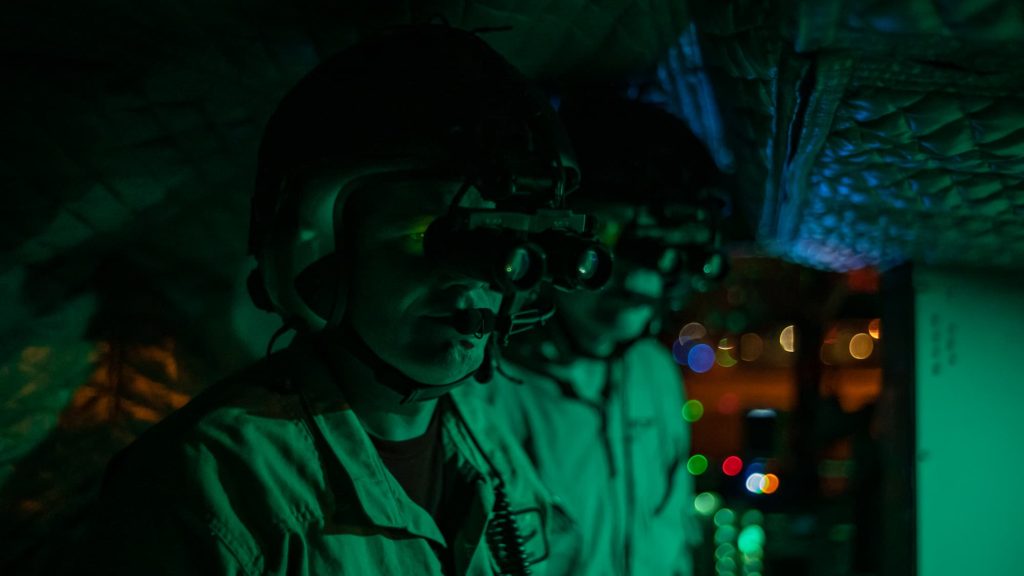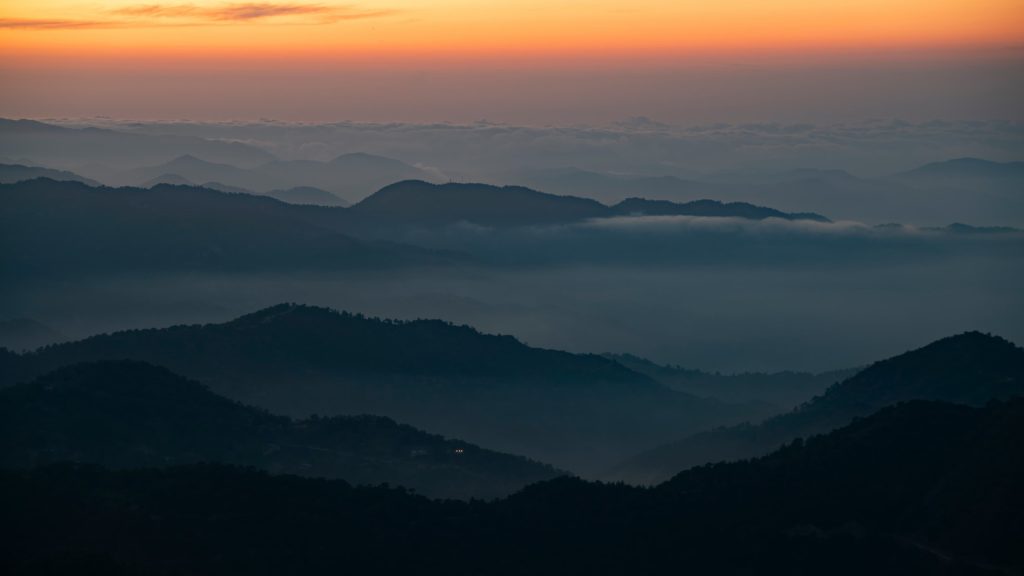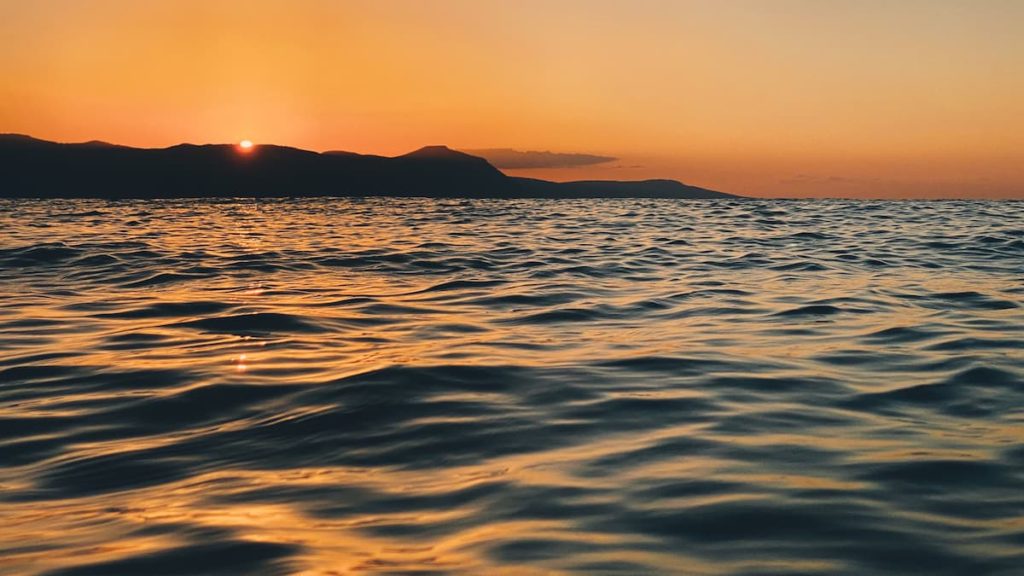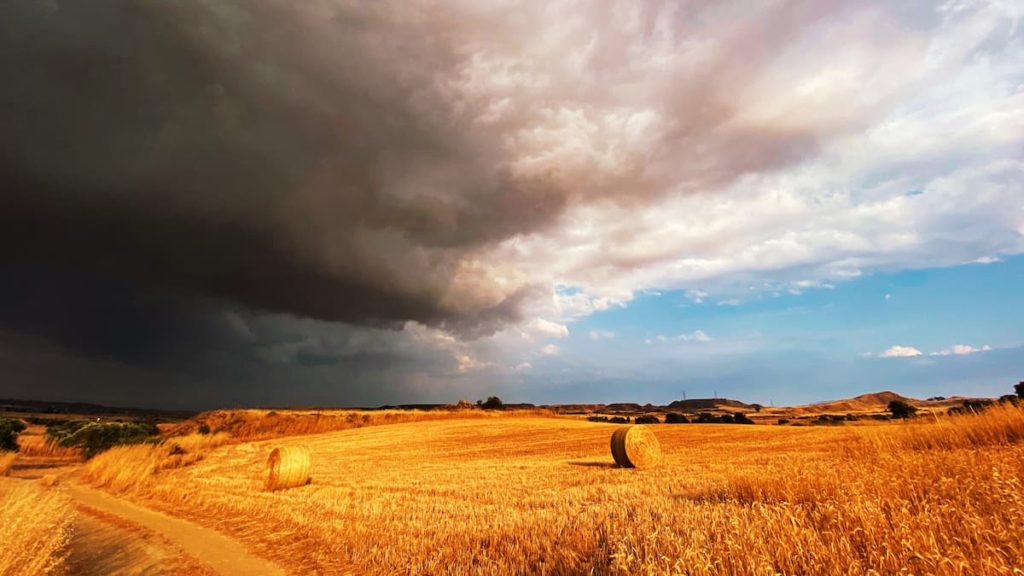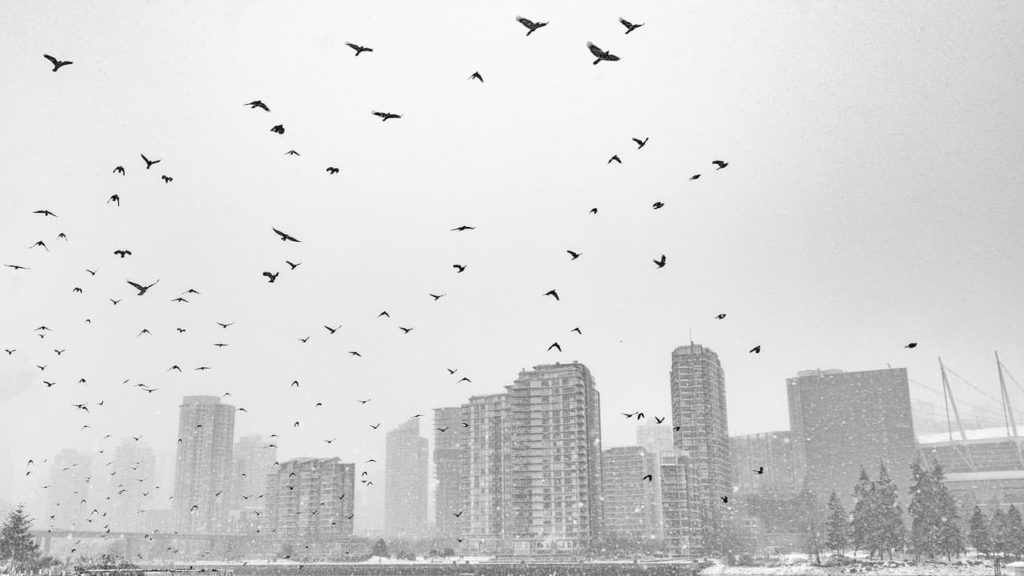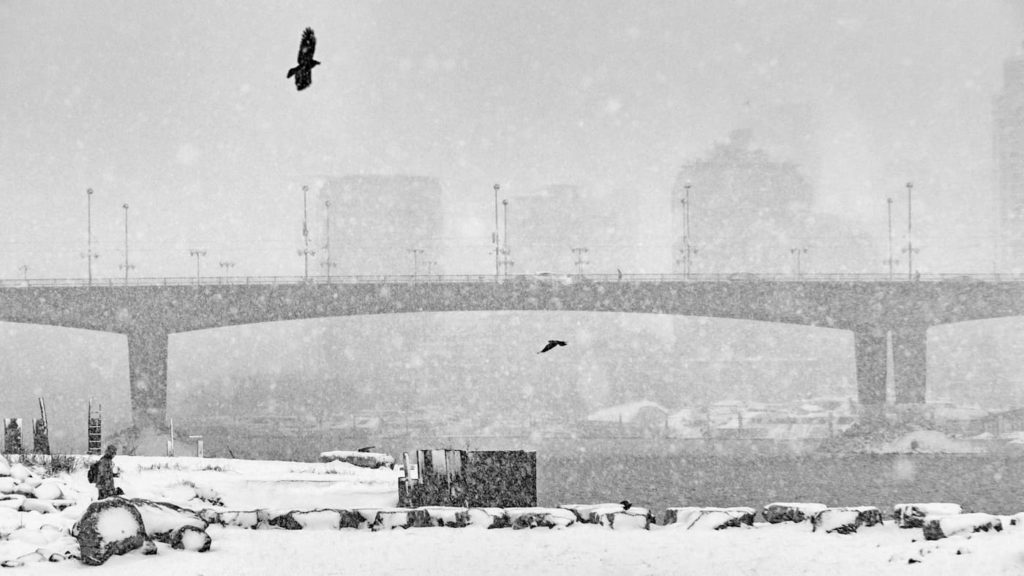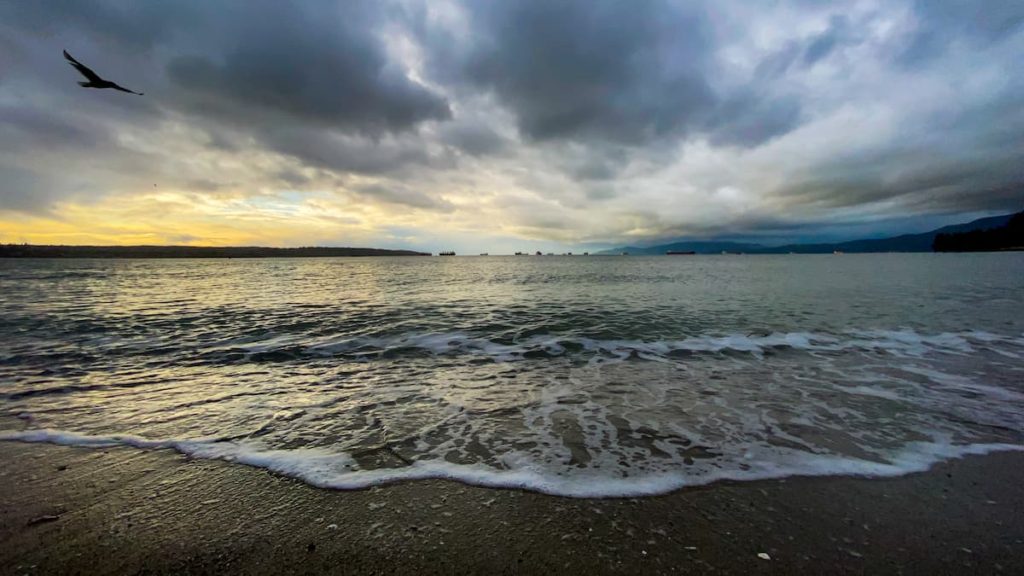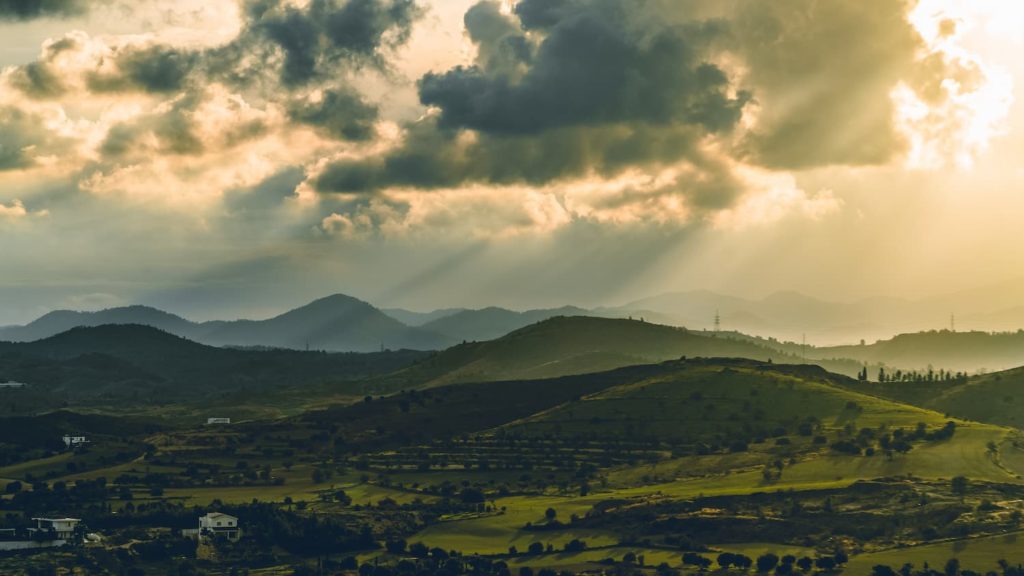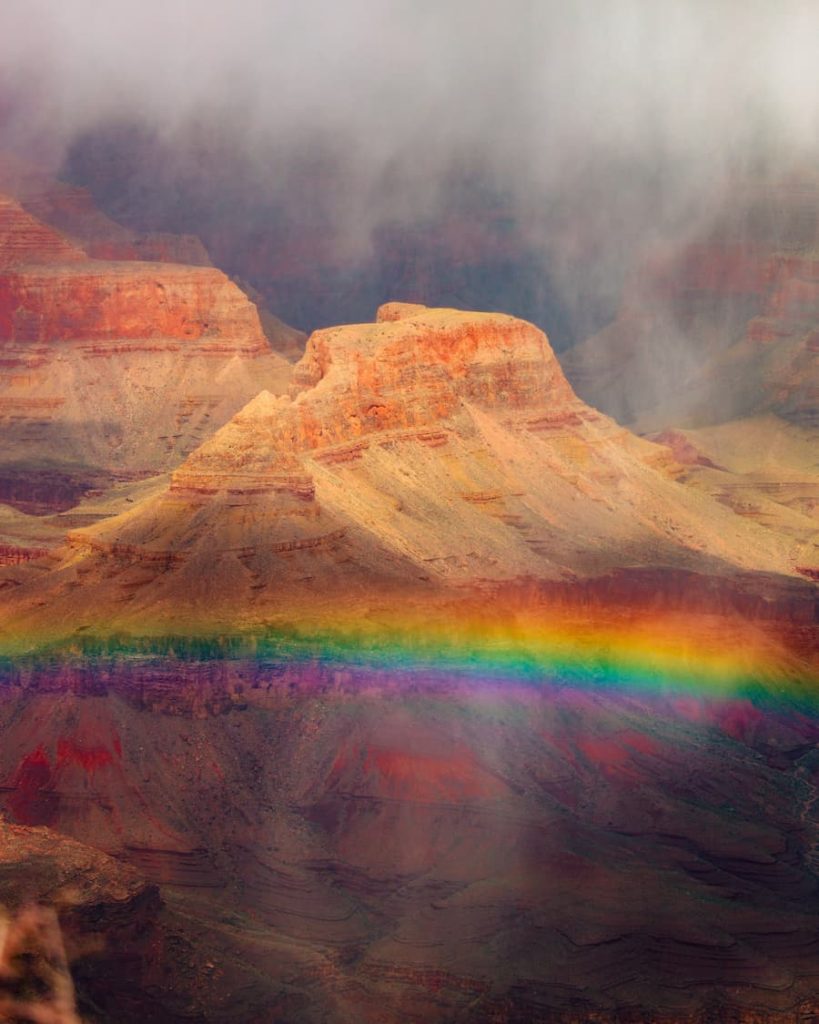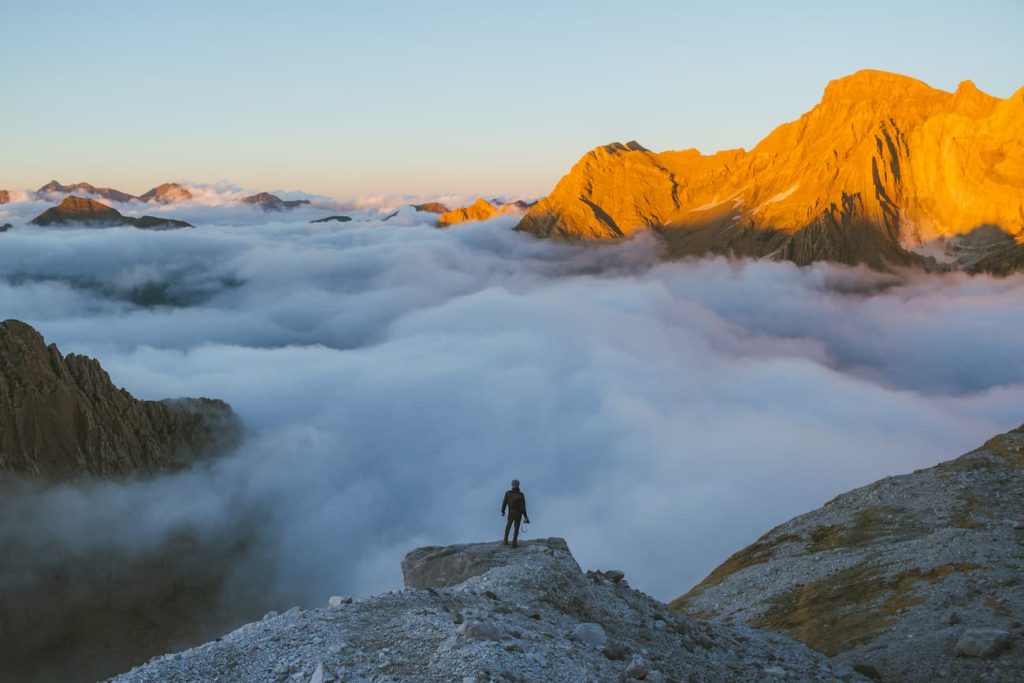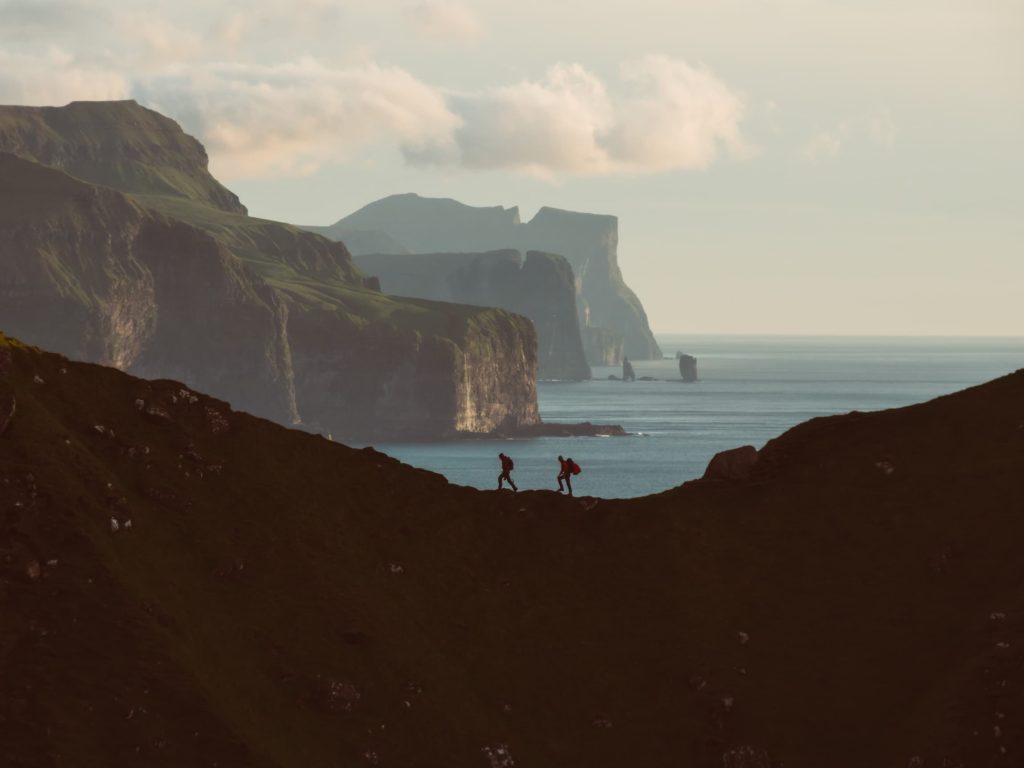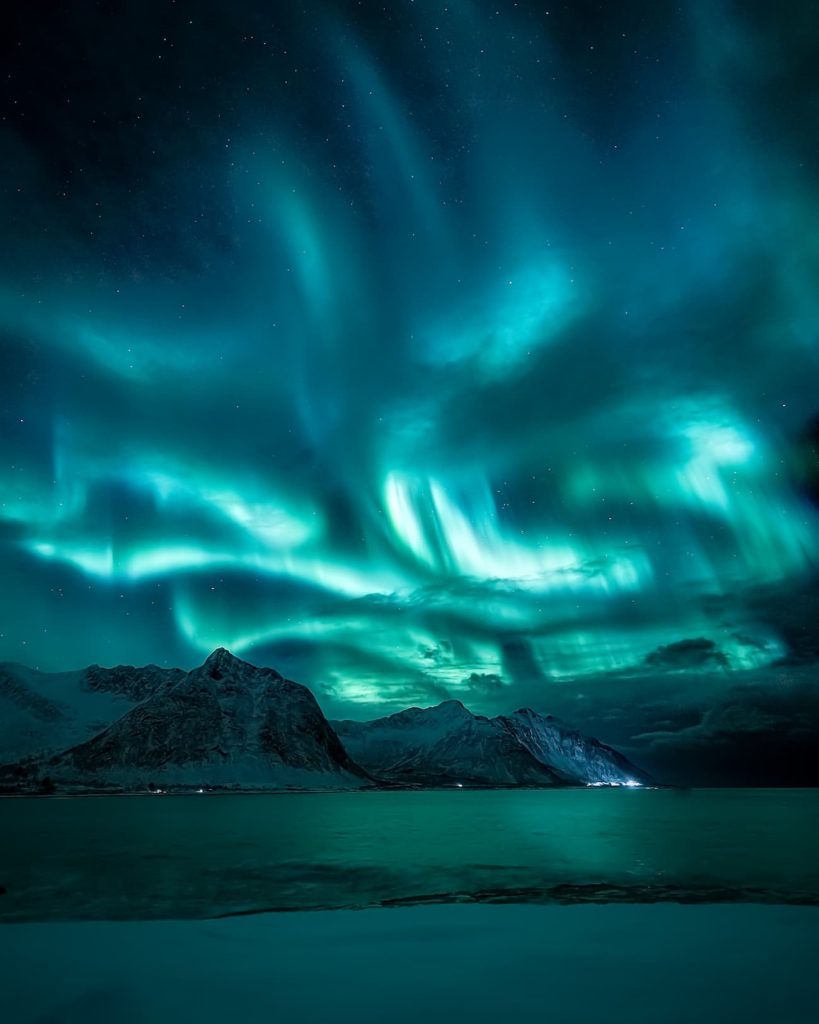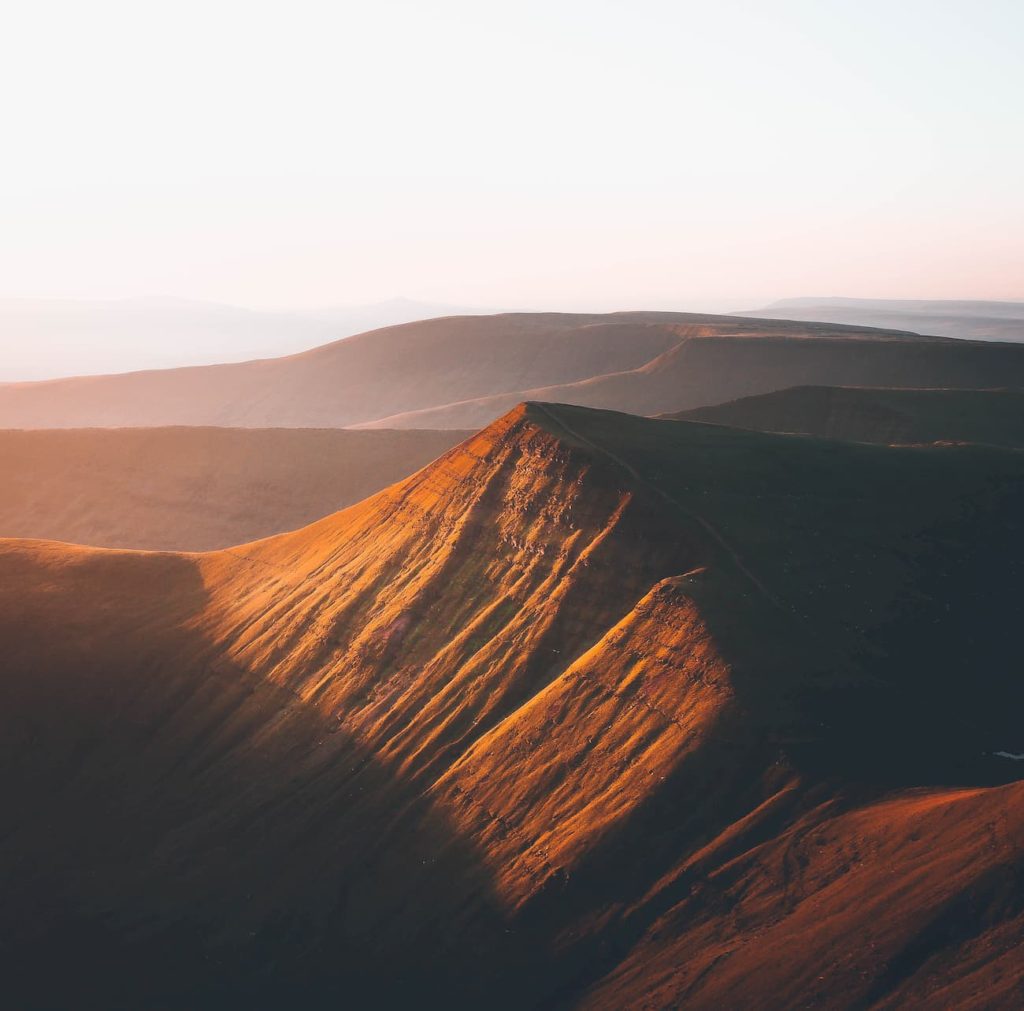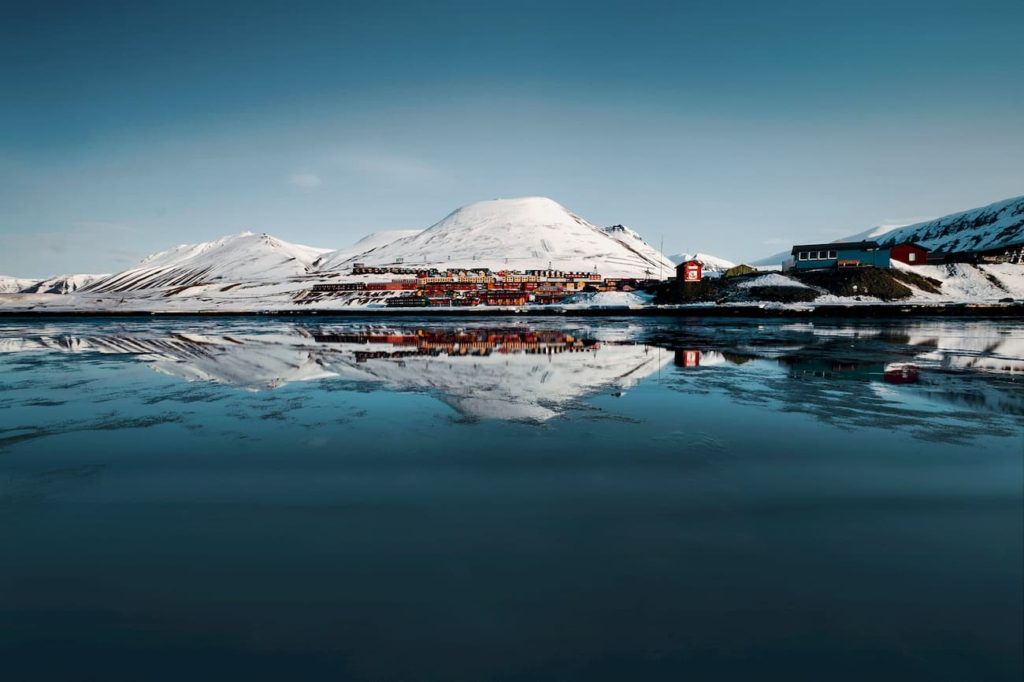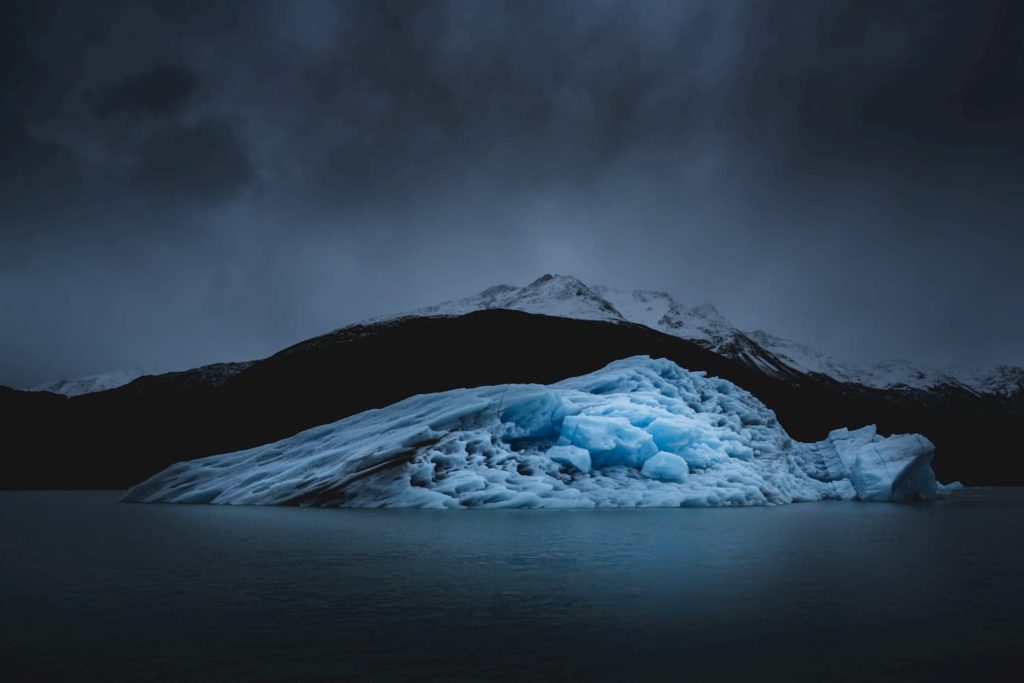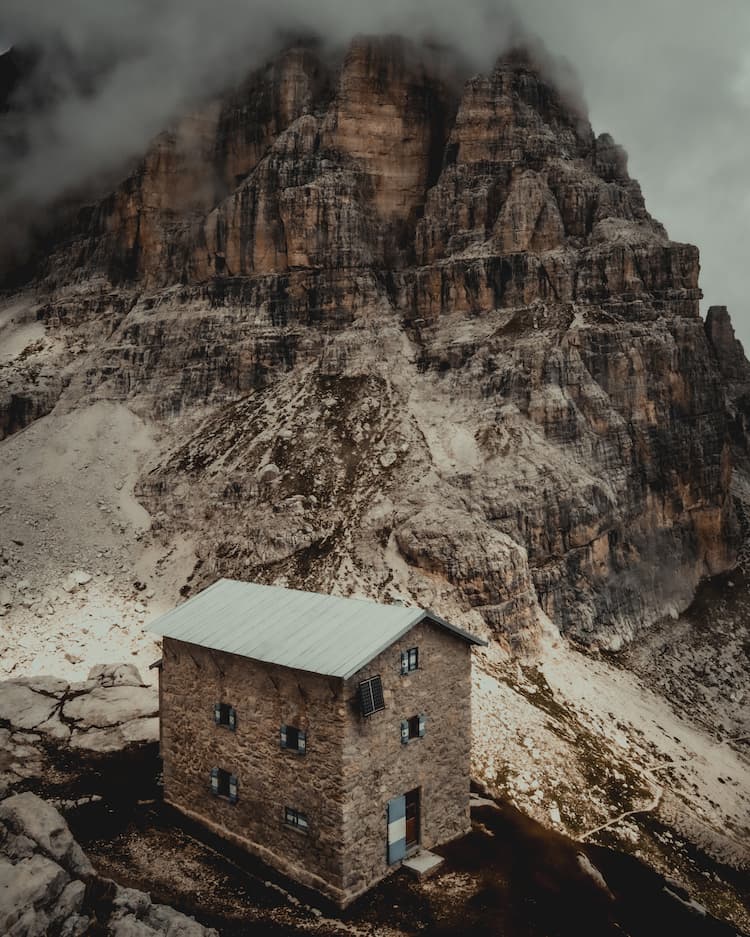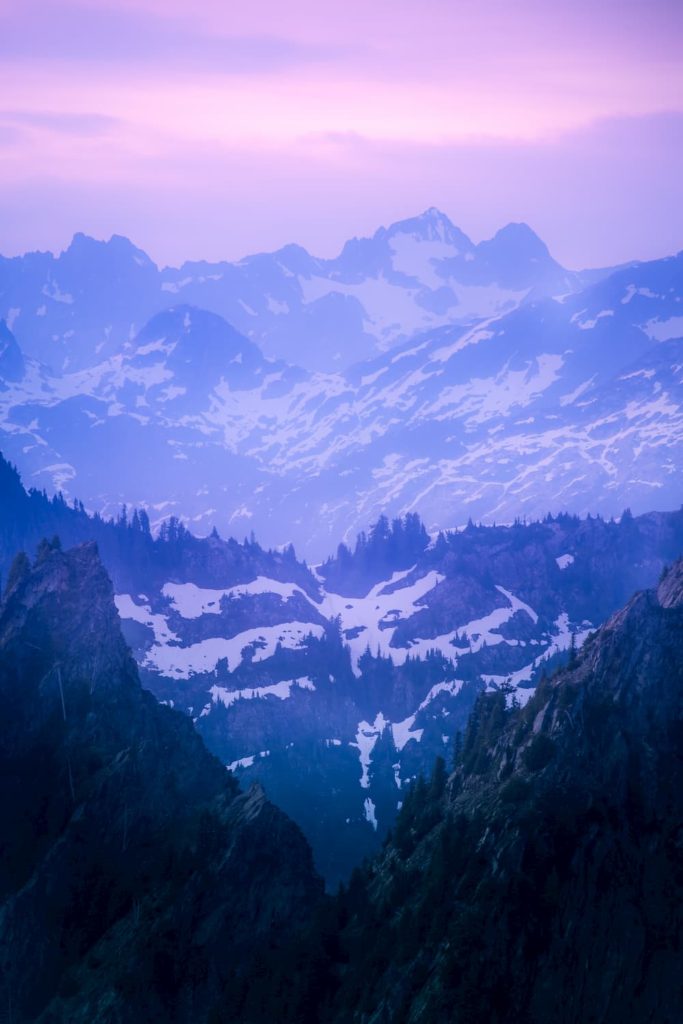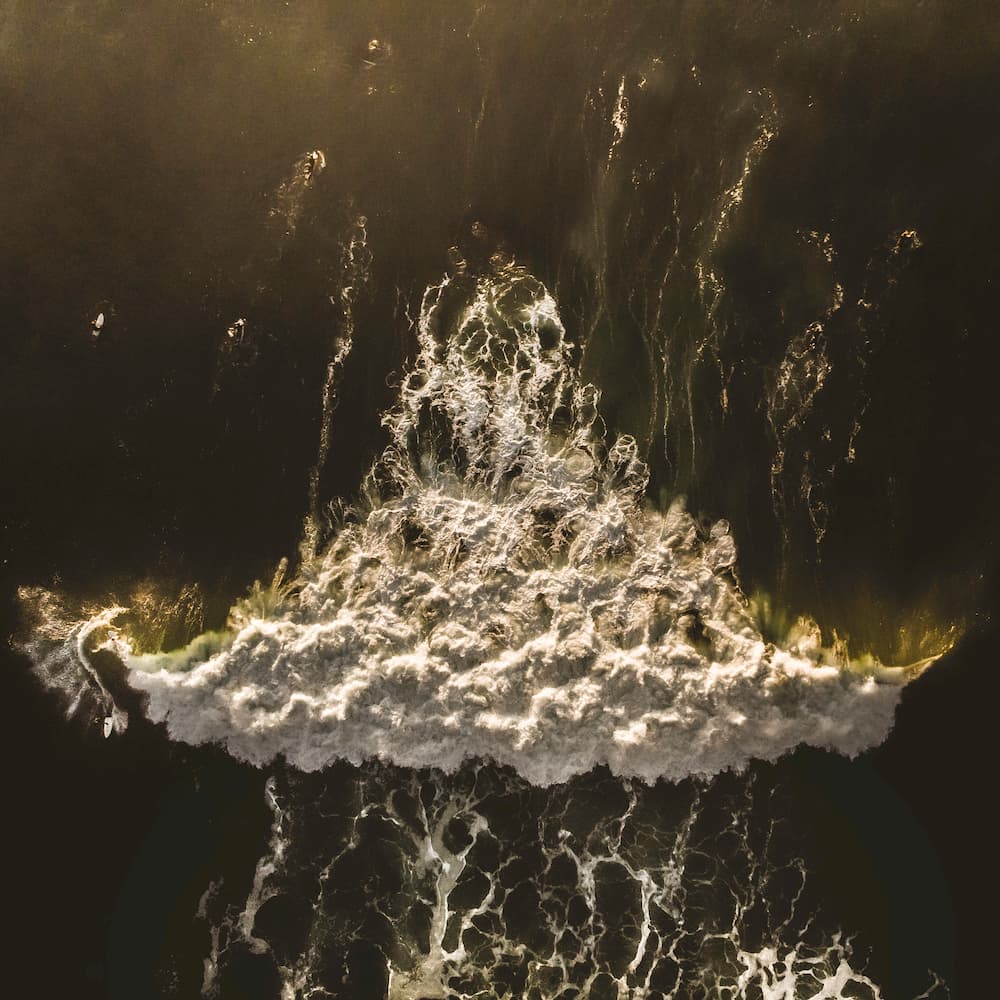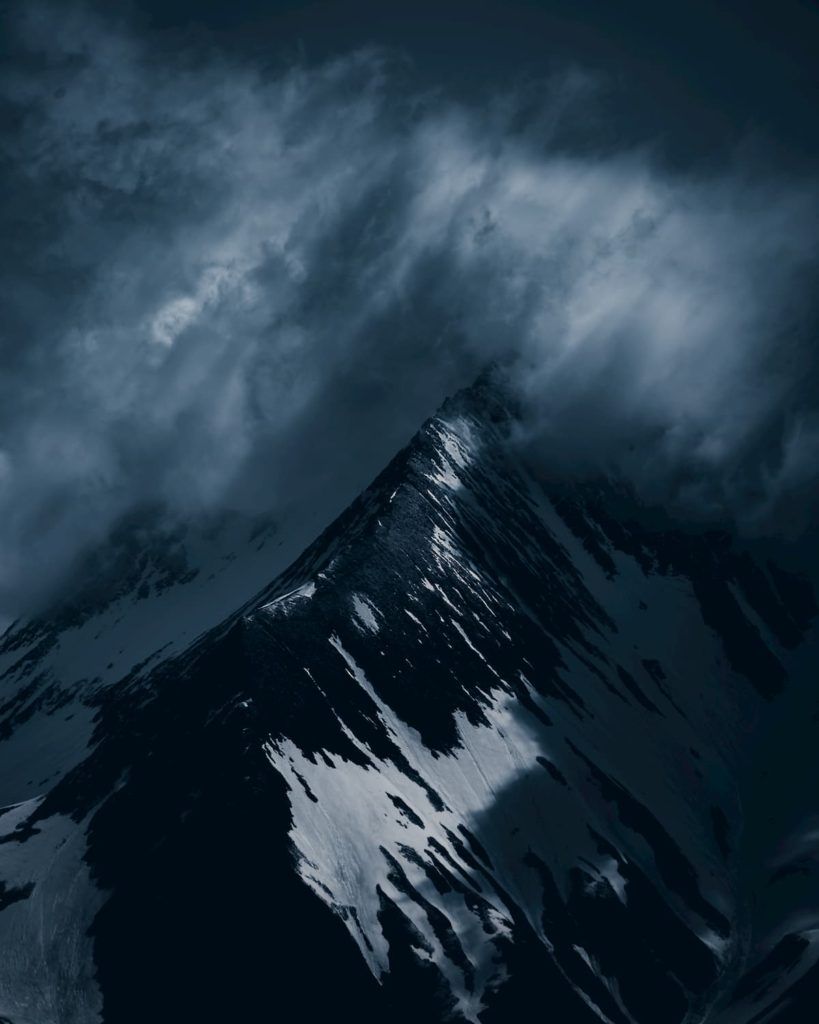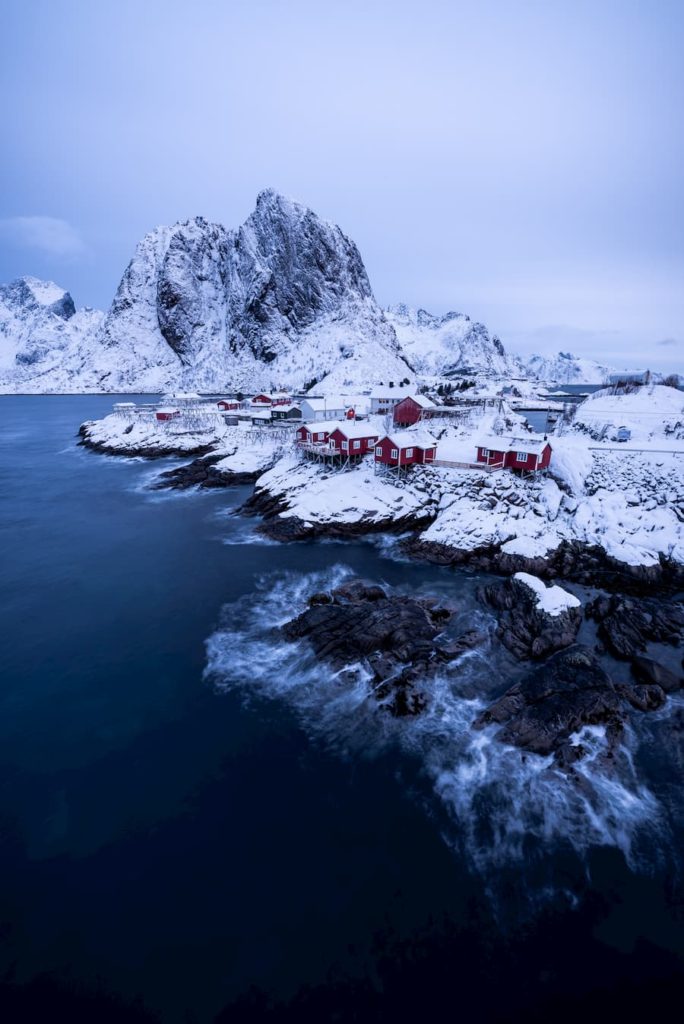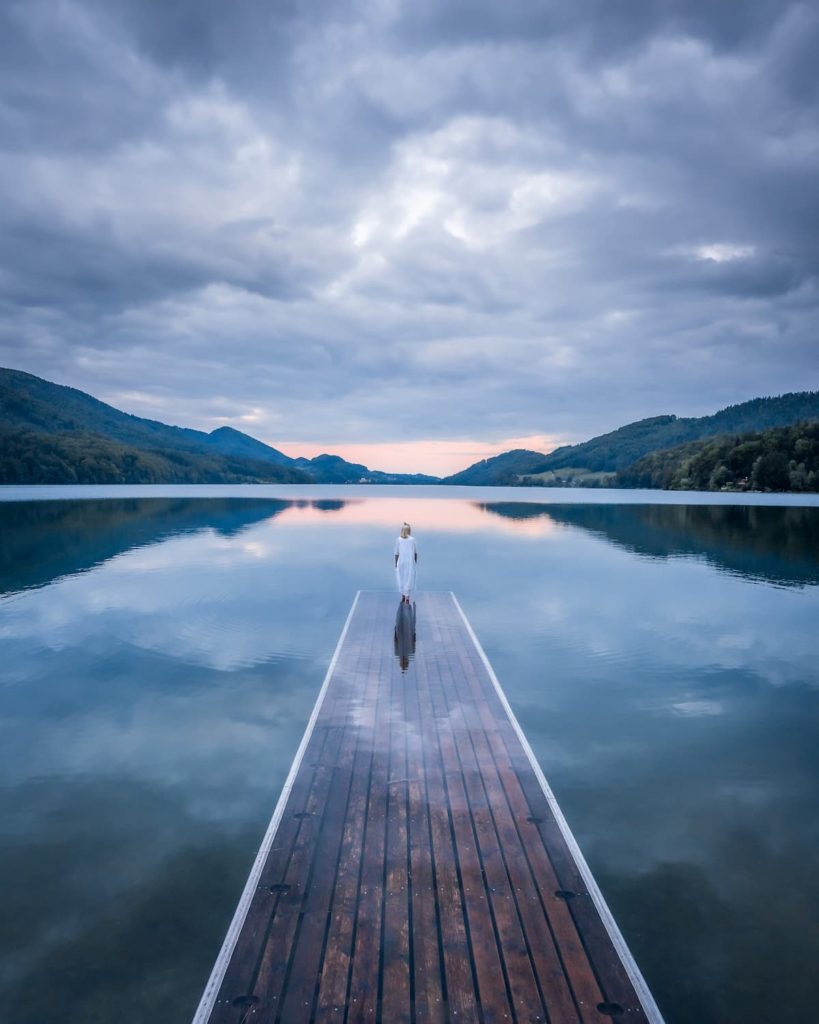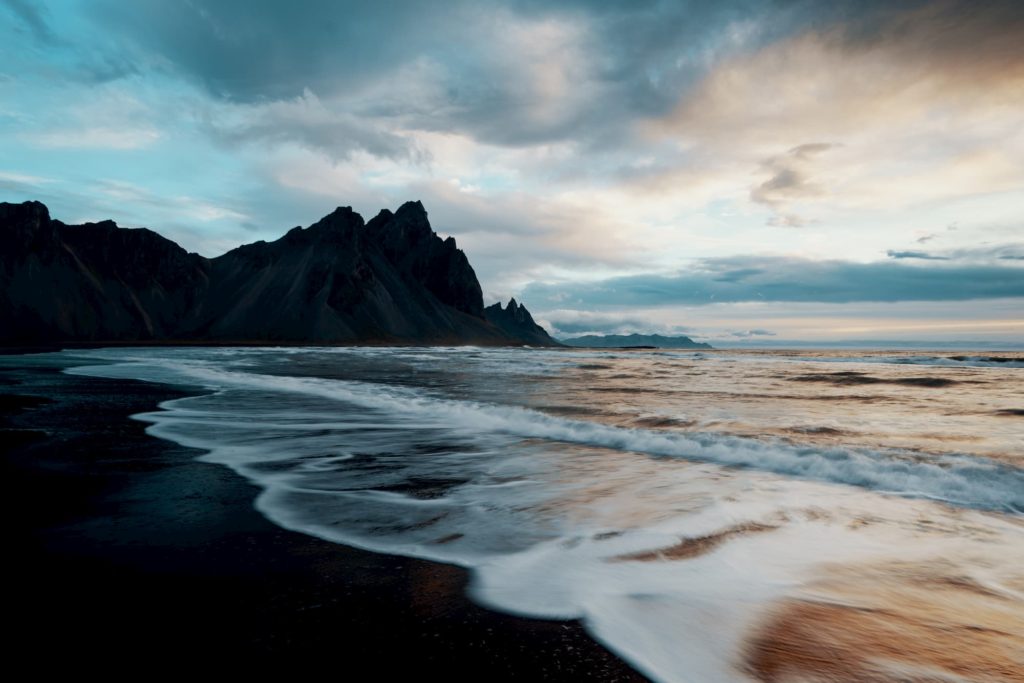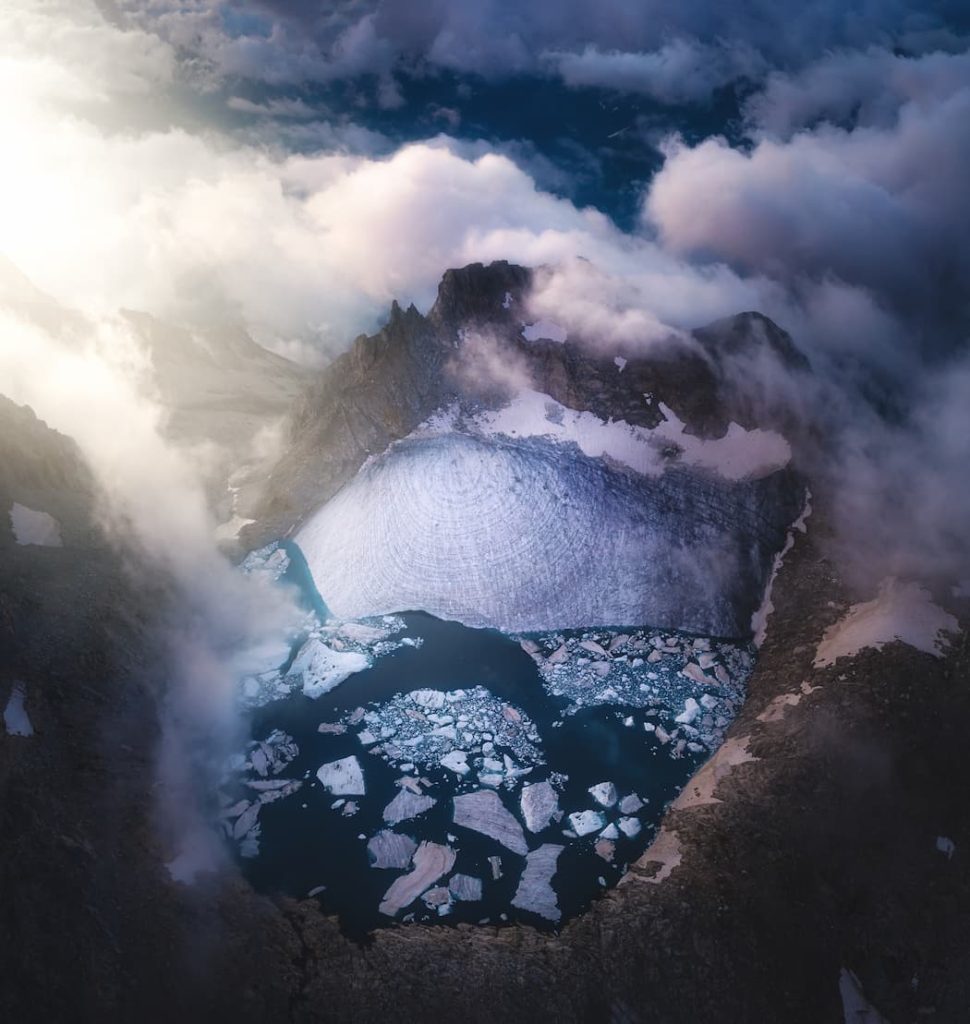
Andreas Psaltis
@andreaspsaltis
Cinematographer based in Canada
I see two significant milestone points in my life that helped me understand why I love photography and cinematography. Back when I was only 8 years old, I had an old point-and-shoot camera. I would use it to take pictures of my parents, nature, or the flowers in my backyard. Essentially, that was my first camera. Then at the age of 14, I started submitting pictures to competitions, winning a national photography contest by 15.
"A year later, in 2010, I began producing short, brief films with my friends for fun."
I’ve always liked to see this as my own way of storytelling, in that I can tell stories through moving frames. During this time, I was inspired by VFX artist and Filmmaker Freddie Wong. I was particularly intrigued by his stories, his use of special effects, and how he communicates with his audience. Back then, my friends and I used to write scripts while executing them, going around on our bikes and asking people and stores if we could use their location to shoot. It was something exciting – pretty much a whole new world for me that began unraveling right before my eyes and my camera lens.
"As I entered my late teens, I was contemplating my future."
While browsing online, I came across a blog post about Vancouver Film School in Canada, giving international students scholarships. The scholarship was obtainable by merely submitting a brief video that showcased the candidate’s motivation and potential skill set. That’s when I asked my friends, once again, to shoot a short video with me. This time in a warehouse. The clips’ theme was based on a fictional undercover intelligence agency that was no other than the Vancouver Film School, profiling me, with the cast concluding that they needed to have me as their student. When we put it all together, it felt as if I was getting closer to my big dream of studying at a film school. So, without any reservation and with a fiery determination, I submitted the video. A few weeks later, I got an email saying that I was successful and got admitted with a scholarship at Vancouver Film School!
"That was undoubtedly a defining moment in my life."
After graduating from Vancouver Film School, I started working as a freelancer on different projects. I took up a variety of roles. And I worked as a grip, production assistant, gaffer, and lamp operator. I was pretty much picking up any relevant job in my field to meet people, network, and boost my experience and confidence. This enabled me to start working on bigger projects as a director of photography.
Meanwhile, doing my own personal projects on the side with my film school friends was a great escape from my daily routine. We’d post our films online and submit them to film festivals in the hope of gaining some recognition.
That was quite a big project. I had taken up a massive responsibility for a significant production, particularly because aerial firefighting operations are such a vital sector and service to humanity. This experience enabled me to gain more confidence in handling bigger productions and projects.
This documentary, called “World on Fire,” was definitely my favorite documentary I’ve made so far. As I’ve explained, it was a project that required me to travel between Canada, the United States, and Bolivia. I followed and filmed the aerial firefighting crew, and I learned more about how the crew operates and puts out fires through various techniques. I even got to see how they could put out fires in the Amazon region using the Antonov cargo plane.
"The most exciting and surprising moment of this journey was when I was first told that I will actually get to travel to Bolivia to document these operations."
I was absolutely terrified at first, running through all the possible scenarios in my head of what could go wrong. At the same time, however, I was full of joy, and deep down, I knew this would be an exhilarating adventure. But it was a project full of challenges, as we had a limited amount of film crew members with us. This meant that I had to carry out most of the work by myself. Yet, I accepted this fact and embraced it, taking it as a learning moment that would allow me to become a better filmmaker and storyteller. Through this, I have learned how to better manage my time, coordinate with diverse teams of different backgrounds, and be more productive. More importantly, I’ve also learned that I should be prepared not to miss a single frame or shot.
"Keeping the whole scene and every possible frame and angle was far more critical than having the exact perfect lighting, the perfect frame, or the perfect shot."
Through all these adventures I’ve gone on, I choose to document my personal journey up-close on my main Instagram account. This includes a lot of behind-the-scenes shots. Then there’s my other Instagram account which is photography-based. That one is fully dedicated to my photography and cinematography work, which means the actual content I create will be posted there. Having two distinct profiles to feature my work helps me with my overall organization.
But regardless of whether I’m filming a movie or taking a picture, I simply try to tell my own version of a story. Before I even begin shooting, I first ask myself:
"What kind of story am I trying to say here? That's the approach that works best for me."
There are, of course, a lot of moving parts and stages in photography and cinematography. There’s the pre-production stage, where we plan the whole film, such as finalizing the script, casting, location scouting, equipment procurement, and finding the appropriate crew. Then there’s the actual production, during which the visual content is filmed. And finally, post-production is where the magic happens: the editing of the footage, adding sounds, VFX, SFX, compiling it all together in a final cut, and actually sharing that story.
"My position as a cinematographer allows me to be part of all three stages, and that's what makes it even more exciting."
It allows me to work closely with the director, go through the script, and then share ideas on how best to support their story. My role also entails location scouting along with finding the best frames and locations to support that very story. This is the foundation of every successful script.
Going forwards, I want to continue working in this line of work. I’m always eager to work on myself, to improve, and to grow. I have attended several masterclasses online, even post-school, and I love engaging in workshops and courses, as I get to meet other fellow artists. This enables us to share ideas while learning about a variety of new, fresh, and diverse perspectives. For me, it’s quite important and insightful for any artist to be open to learn from others. It brings forth a new perspective about life that we should take everything as a lesson and apply what we learn to each successive venture or project.
I also learn by reading quite a lot of books. Books are an incredibly precious source of knowledge, and I have recently purchased books of some of my favorite photographers, Ansel Adams, Saul Leiter, and Fred Herzog.
Moreover, each time I’m done with a work-related or project-related activity, I go for a walk to cleanse my mind. I enjoy listening to podcasts or music while taking pictures of things happening around me. I actually do this so often I even use my photos as a reference and guide to imagine how I could use similar frames in my own work. I love observing how sunlight interacts with different types of surfaces, and I use that as a source of inspiration when attempting to light a set of a film later on.
I’m also very fond of studying how other photographers and cinematographers work and how they get stuff done. I draw a lot from that. Two of my favorite cinematographers’ work, for example, Roger Deakins’ and Vittorio Storaro’s work, has inspired me greatly. In one online masterclass I have seen, Rogers Deakins said: “I do think observing is important in learning.” For me, this is a powerful quote.
The two most important countries in my life, Canada and Cyprus, have been significant sources of inspiration for me. Cyprus is where I was born and grew up, and it inspires my stories, films, and pictures. It’s like an additional perspective that’s somewhat different from the approaches taken by other Western filmmakers. It’s rich in history, very diverse, and the community itself is at the crossroads of several civilizations. Being immersed in such a diverse setting, I have developed more unique and personal stories. This is precisely why I feel I can bring forth this new perspective and make good use of it, as I aspire to contribute to the photography and cinematography world by using these valuable life lessons.
Canada, on the other hand, is the place to be for building towards a successful career path and for establishing a great network of creative and professional minds. Unfortunately, Cyprus itself at the moment does not have as big of an industry as Canada. But despite this, I hold both places equally in my heart. For me, Canada is the right country at the moment. It has the right platforms, the industry, and all the relevant opportunities that allow me to share my story with other great artists, producers, and storytellers.
"My first ever trip to Canada was actually my most memorable trip out of all the ones I have been on."
Being raised on such a tiny island with a small community, I was shocked at the realization that I was setting off on a new journey in life. I only realized Canada was the place I was meant to be a few weeks into my studies at Vancouver Film School. On my way to school one day, I saw that the route I would typically go down was closed and blocked off. I took a moment to stop and wander around to see what was going on when I realized they were shooting a film. I lifted my head up and saw the cameras, the crew, everyone running up and down and being busy doing what they love most. All these things, back when I was a kid, were mere visions and dreams.
"It was at that moment when I realized I was not only walking closer to school but closer to fulfilling my own very childhood dreams and aspirations."
Would you like content like this sent to your inbox?
NOMADICT
ART GALLERY
THE LATEST STORIES
WRITEN WITH PASSION TO INSPIRE YOU
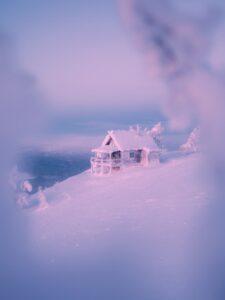
Kasper Rajasuo (@rajasuokasper): Best of the Week 46 at #nomadict
From childhood hikes to award-winning shots, Kasper Rajasuo’s journey is one of rapid evolution and deep connection. In this article, Kasper shares the technical secrets behind his “Santa’s Cabin” winning photo, the four lessons that defined his career, and how he uses color theory to transform harsh Finnish winters into dreamy, serene masterpieces.
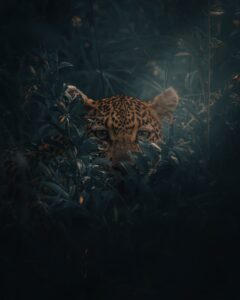
Andy Rider (@andyswildlife): Best of the Week 2 at #nomadict
Andy Rider is a passionate wildlife photographer and filmmaker based in South Africa, dedicated to capturing the raw beauty of nature while raising awareness about conservation. Inspired by legends like Steve Irwin, his journey began as a field guide, where he honed his skills and developed a deep respect for ethical wildlife photography.
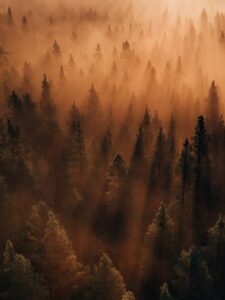
Philipp Pilz (@buchstabenhausen): Best of the Week 43 at #nomadict
In this article, photographer Philipp shares how time, clarity, and consistency have shaped his evolving relationship with nature photography. Drawn ever further north, he writes about embracing uncertainty, working with restraint, and finding beauty even when plans fall apart — including the unlikely story behind his Best of the Week–winning image.
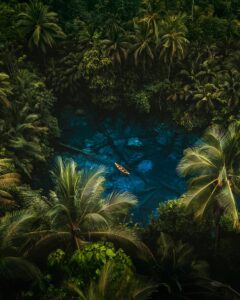
Tom Fähndrich (@tofenpics): Best of the Week 47 at #nomadict
Tom shares the journey behind his winning photography, from a passion for exploration and remote places to field lessons, composition choices, and color grading.
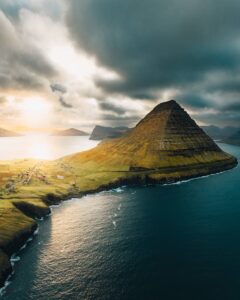
Photo tour in the Faroe Islands
Join us in the Faroe Islands for a unique photo tour, where you’ll elevate your creative skills with expert guidance from Ronald Soethje and Nomadict.
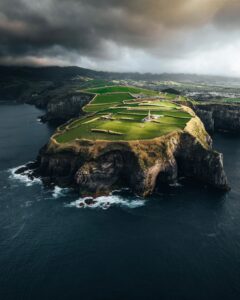
Photo tour in Azores, Portugal
Join us in the Azores for a unique photo tour, where you’ll elevate your creative skills with expert guidance from Ronald Soethje, Bruno Ázera, and Nomadict.
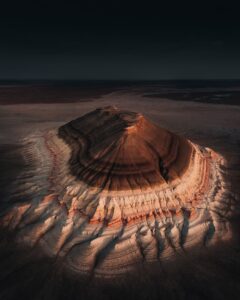
Forest Kai (@forest1kai): Photographer based in the US
In this article, Forest shares how years of chasing scale, silence, and raw landscapes shaped his approach to photography, from the deserts of Kazakhstan to the volcanic ridges of Iceland. He talks about how he uses light, texture, and vast negative space to create images that feel both intimate and overwhelming.
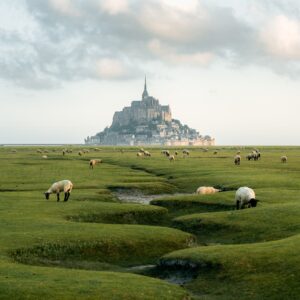
Simon Hechtbauer (@roamwithsimon): Best of the Week 32 at #nomadict
Simon shares the journey behind his photography, from early inspirations to field techniques, editing, and the story of the winning shot that shaped his path.

